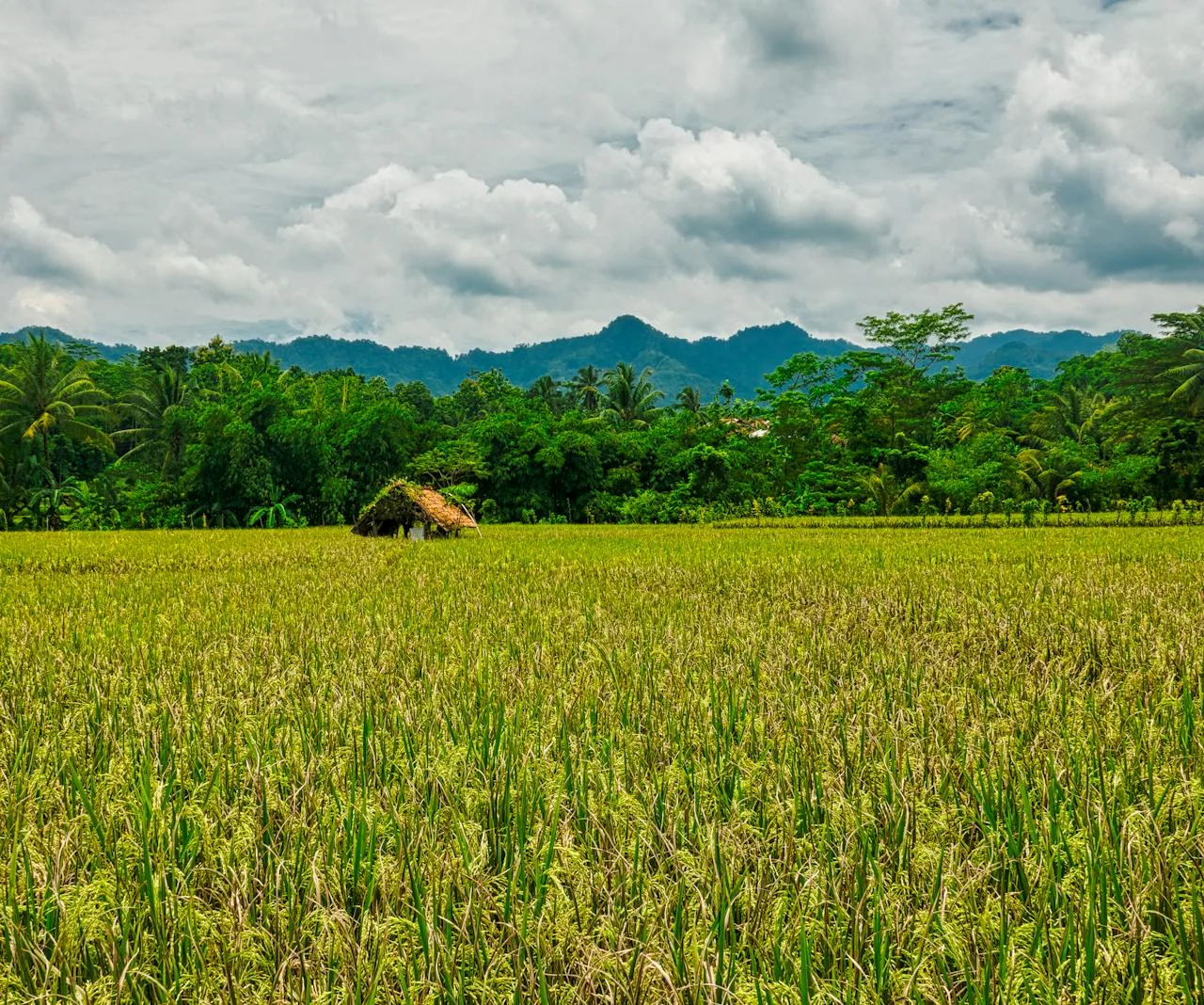
Arable, a leader in climate-smart agriculture, has announced a collaboration with Google to accelerate the adoption of agricultural technology that enhances water conservation while boosting crop productivity. This partnership will provide farmers in southwest Nebraska with Arable’s advanced crop intelligence system, enabling data-driven decisions that improve irrigation precision.
The increasing impact of climate change on water resources highlights the urgency of this collaboration. Rising temperatures and prolonged heatwaves, leading to extreme droughts, are straining groundwater, surface water, and soil moisture. Climate change projections suggest that water depletion rates could triple, posing a significant threat to agriculture, with 40% of global production relying on unsustainable groundwater extraction. The Google-Arable partnership addresses these challenges by promoting sustainable water management practices that strengthen agricultural resilience in a changing climate.
“We are dedicated to being responsible stewards of natural resources,” said Suzie Shine, Data Center Sustainability Manager at Google. “Our company aims to replenish more water than we consume by 2030 and support water security in the communities where we operate. We’re excited to work with leading organizations like Arable to advance water conservation in agriculture and align with our commitment to climate-conscious cooling within our operations.”
To support this initiative, Google has funded the deployment of the Arable system across 25,000 acres in the Twin Platte Natural Resources District (TPNRD). Farmers selected by TPNRD are now equipped with Arable’s award-winning technology, with Arable providing training and ongoing support to ensure they fully utilize the system. The program’s progress will be closely monitored to ensure it meets its objectives.
This collaboration builds on Arable’s success in achieving water savings without compromising crop quality and yield. In 2023, Paulman Farms in Nebraska used the Arable solution to reduce irrigation by 22% across 27 fields.
Arable’s user-friendly system empowers growers by collecting and synthesizing weather, crop, soil, and irrigation data from the field and converting it into actionable insights accessible through mobile and web apps. With real-time insights into their crops’ specific water needs, growers can reduce water usage while maintaining crop health throughout the growing season.
“In my 39 years of farming, this is the most revolutionary step I’ve seen in irrigation,” said Roric Paulman, Owner of Paulman Farms. “Arable provides the data needed to make informed irrigation decisions, significantly impacting both the quantity and quality of natural resources. Regulatory factors like load control and water allocations are much better managed through this partnership. Producers across the region are eager to implement this solution.”
As water scarcity continues to challenge farmers globally, the widespread adoption of innovative solutions like Arable’s could play a pivotal role in optimizing irrigation practices.
“We’re excited to collaborate with Google, TPNRD, and the local farming community to tackle what I consider the most pressing challenge in agriculture today—the future availability of water,” said Jim Ethington, CEO of Arable. “Google’s commitment to water stewardship and the extensive adoption of our cutting-edge technology opens up a future where growers have the tools to produce more with less, benefiting both their profitability and the planet.”
By empowering farmers with data-driven decision-making tools, this partnership will enhance the agricultural community’s efforts to optimize water use while ensuring food security for a growing population. The project is also expected to yield significant savings in electricity and diesel fuel consumption, reducing carbon dioxide emissions. Moreover, decreased groundwater pumping will contribute to accretions in the Platte River system, supporting the long-term sustainability of regional water resources and the health of downstream ecosystems.





